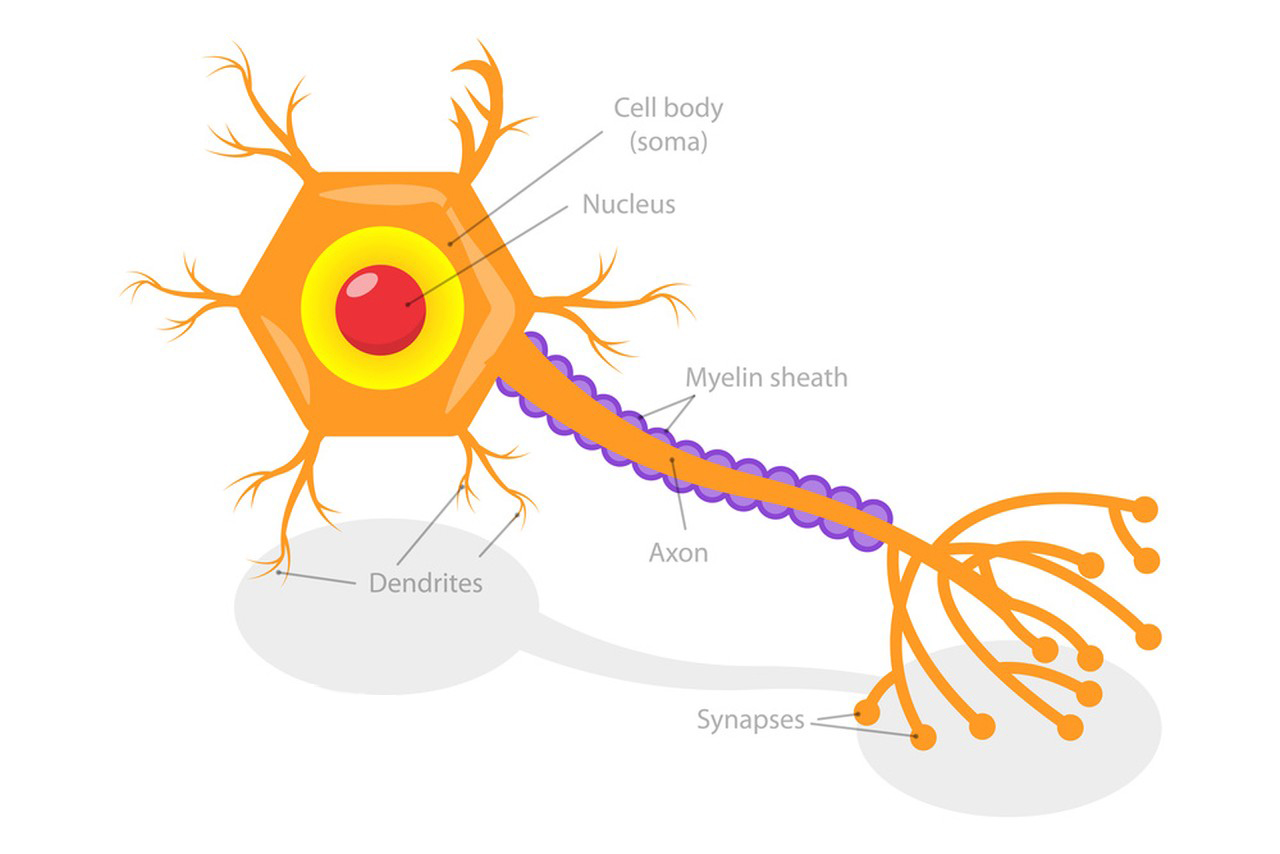N-Acetyl-L-Tyrosine (NALT) is a modified form of the amino acid L-Tyrosine, where an acetyl group is attached to the nitrogen atom. This modification is believed to enhance its bioavailability and stability compared to regular L-Tyrosine.
Applications of N-Acetyl-L-Tyrosine
1.Cognitive Enhancement: N-Acetyl-L-Tyrosine is often used to support cognitive function and mental performance. L-Tyrosine is a precursor to several neurotransmitters, including dopamine, norepinephrine, and epinephrine, which are crucial for focus, attention, and mood regulation.
2.Stress Reduction: It is known for its ability to mitigate the effects of acute stress and fatigue. This is particularly relevant in situations requiring sustained mental effort or in high-stress environments.
3.Physical Performance: Some athletes and bodybuilders use N-Acetyl-L-Tyrosine as a supplement to improve physical performance, as it may help in maintaining focus and motivation during intense workouts.
4.Mood Enhancement: Due to its role in dopamine production, N-Acetyl-L-Tyrosine is sometimes used to support mood and alleviate symptoms of depression, though it is not a primary treatment for clinical depression.

5.Fatigue Reduction: By supporting neurotransmitter levels, N-Acetyl-L-Tyrosine may help reduce mental and physical fatigue, promoting overall alertness and stamina.
6.Neuroprotection: There is some evidence suggesting that N-Acetyl-L-Tyrosine may have neuroprotective properties, potentially offering benefits in neurodegenerative conditions, although more research is needed in this area.
It’s important to note that while N-Acetyl-L-Tyrosine offers potential benefits, individual responses can vary. Dosage recommendations should be followed carefully, and consulting with a healthcare professional before starting any new supplement regimen is advisable, especially if you have pre-existing medical conditions or are taking medications.
Potential Benefits of N-Acetyl-L-Tyrosine
N-Acetyl-L-Tyrosine (NALT) is a modified form of the amino acid L-Tyrosine, known for its potential cognitive and health benefits. Here are some of the potential benefits associated with N-Acetyl-L-Tyrosine:
1.Enhanced Cognitive Function: N-Acetyl-L-Tyrosine is believed to support cognitive function by increasing the production of neurotransmitters like dopamine, norepinephrine, and epinephrine in the brain. These neurotransmitters are crucial for mood regulation, focus, and mental alertness.
2.Improved Stress Response: Tyrosine, including its N-acetyl form, is involved in the synthesis of stress hormones like adrenaline and noradrenaline. Supplementing with N-Acetyl-L-Tyrosine may help support the body’s response to stress, potentially reducing feelings of stress and fatigue.
3.Increased Alertness and Focus: By boosting neurotransmitter levels, N-Acetyl-L-Tyrosine may enhance alertness, concentration, and focus, particularly during periods of stress or fatigue.
4.Physical Performance: Some studies suggest that tyrosine supplementation could improve physical performance during stressful conditions, such as cold exposure or intense exercise, by supporting neurotransmitter balance and mental resilience.
5.Mood Enhancement: Due to its role in dopamine production, N-Acetyl-L-Tyrosine may have mood-enhancing effects, potentially benefiting individuals experiencing low mood or mild depression.

6.Support for Thyroid Function: Tyrosine is a precursor for thyroid hormone synthesis. While more research is needed, some evidence suggests that tyrosine supplementation might support healthy thyroid function.
7.Neuroprotection: There is some emerging research suggesting that tyrosine derivatives like N-Acetyl-L-Tyrosine could have neuroprotective effects, potentially supporting brain health and protecting against neurodegenerative diseases. However, more studies are needed to confirm these effects.
It’s important to note that while N-Acetyl-L-Tyrosine shows promise in these areas, individual responses may vary, and more clinical research is necessary to fully understand its benefits and potential side effects, especially with long-term use and in different populations. As with any supplement, it’s advisable to consult with a healthcare provider before starting N-Acetyl-L-Tyrosine or any other new supplement regimen.
